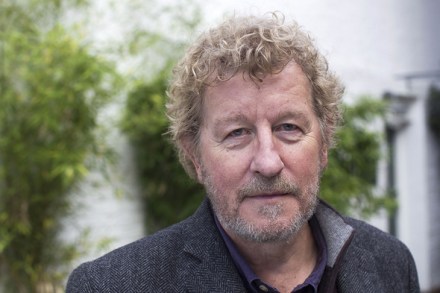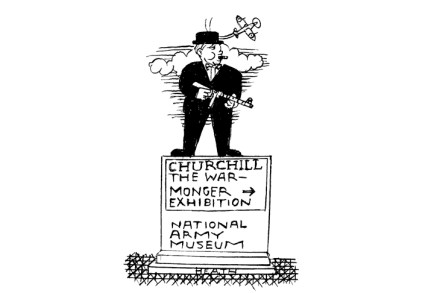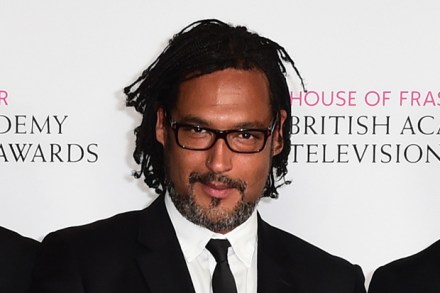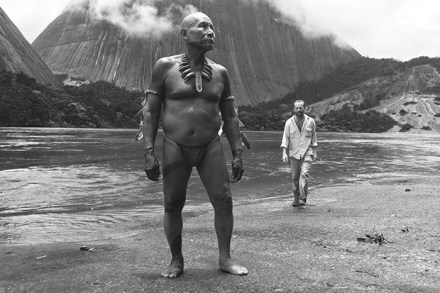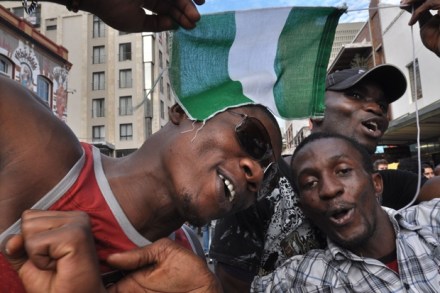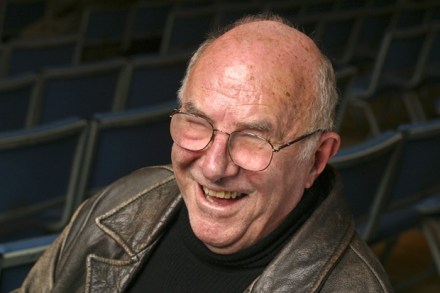The crisis at the heart of the National Trust
When Tim Parker announced his resignation as chairman of the National Trust last week, it was a first. Since it was founded in 1895, the Trust has endured many controversies, but until now the shared acceptance of its founding purposes has seen it through. The very first meeting proposed a body ‘for the holding of lands of natural beauty and sites and houses of historic interest to be preserved intact for the nation’s use and enjoyment’. The National Trust continued thus ever since, enforced by Acts of Parliament. This unity of purpose as a conservation organisation enabled it to become the owner of more than 600,000 acres of land and







